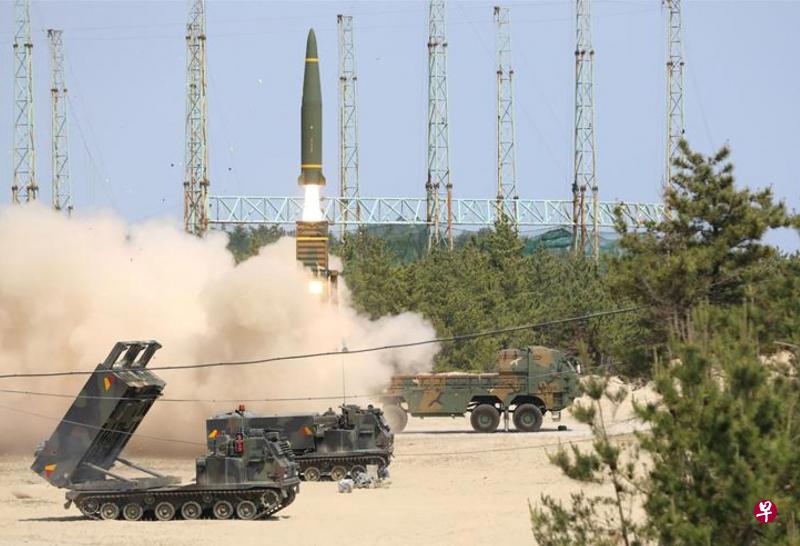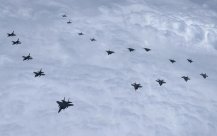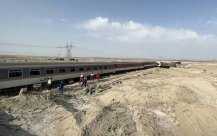
(United Nations Composite Electric) The United States took the lead in promoting the UN Security Council to sanction North Korea on the grounds of North Korea's recovery of test -to -ball missiles, but China and Russia rejected the proposal.This is the first public split since the UN Security Council has punished North Korea in 2006. Western countries have criticized that this will make North Korea more unscrupulous in nuclear weapons and missile research and development.
North Korea launched three ballistic missiles on Wednesday, one of which was intercontinental ballistic missile, and the United States immediately proposed an additional sanctions on North Korea in the Security Council.
Except for China and Russia, the remaining 13 member states of the Security Council are in favor of the resolution drafted by the United States.This resolution requires prohibiting exported mineral fuel, mineral oil and other distilled products to North Korea, as well as asphalt substances, mineral waxes and clocks.Or indirectly provide any tobacco or tobacco substitutes manufactured to North Korea.
The United States Ambassador to the United Nations Greenfield said the voting results were disappointing that day.She told the Security Council: "The world is facing the danger (North Korea). The restraint or remaining silence showed by the Security Council did not eliminate or even reduce the threat.
Greenfield said the US government statistics that North Korea has conducted six intercontinental ballistic missile tests so far this year, and "is actively preparing for nuclear tests."
British Deputy Ambassador Cruchi also warned that two member states between China and Russia tried to keep the Security Council silent, which would only make North Korea even more bold.
China and Russia told the Security Council after the vote that they opposed more sanctions on North Korea, and now they need to restart dialogue between North Korea and the United States.
China's permanent representative of the United Nations Zhang Jun said in a subsequent explanation speech that the Chinese delegation's voting of opposition votes was a cautious decision made by China repeatedly.He said that the situation in the Korean Peninsula has reached the current step, mainly due to the repeated policies of the United States and failed to insist on the results of the previous dialogue.Facts have also proved that relying on sanctions to help solve the problem of the Korean Peninsula.
The Russian Ambassador to the United Nations, Kaya, said that Moscow has repeatedly told the United States that the new sanctions on North Korea are "a road leading to the dead alley."
He said that although Western countries are accustomed to pushing all responsibilities to North Korea, Pyongyang's repeated call for stopping hostile activities has not been taken seriously.He believes that it is unrealistic to expect that Pyongyang's disarmament is not practical on the basis of not obtaining a guarantee. He also said that further strengthening sanctions against North Korea is not only ineffective and inhuman.
In this regard, Greenfield refuting that the United States has made "serious and persistent" efforts in public or private.She emphasized: "North Korea's severe humanity dilemma is not caused by sanctions, but Pyongyang spends resources on a large -scale killing weapon plan."




